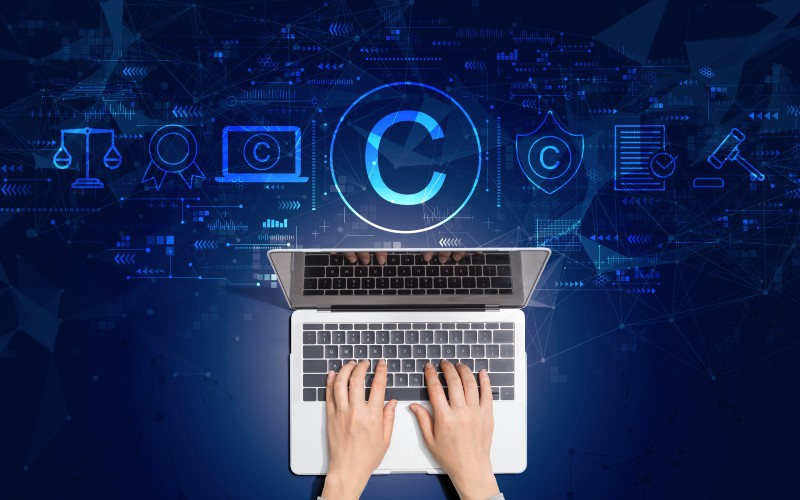
What is copyright?
Copyright is a type of intellectual property right that is designed to protect the expression of an idea (but not the idea itself) and the rights of the original creator or copyright holder in the continued use and expression of those ideas. The current UK law dealing with copyright is the Copyrights, Designs & Patents Act 1988 (the ‘1988 Act’).
Not all created works are protected under copyright, and those works which are afforded protection under the 1988 Act will vary in the levels and duration of such protection. You do not need to take steps to register for copyright in any way - copyright vests in the holder from the moment of creation. However, it is important to know what your rights when considering your future use of the copyrighted work (and which rights you may wish to grant to others). This is particularly the case for copyright contained within software and computer programs due to the creative make-up of software, the common use of third party software in the creation of new software, and the commercial value that can be linked to such new software in certain circumstances.
Software: What is actually under copyright protection?
The 1988 Act details computer programs (and therefore software in part) as a form of literary work under Section 3(1). However, as a literary work, not all components of software will be protected. Copyright cannot be considered present in any literary work until it has been recorded and written down in some form, with references made to the time of creation (allowing evidence as to the origins of the work). In determining which parts of the software are capable of copyright protection, it should be considered whether the particular part of the software are (1) a form of expression; and (2) the author’s own intellectual creation. The requirement for a work to be considered a form of expression means that only the codes created and recorded are capable of being protected by copyright – the ideas and methodology which lead to the code are not (i.e. the code is the expression, whereas the original idea is non-recordable).
What do you need to do?
- The copyright holder should be clearly identified in any use of the software.
This is not only a way of recording your ownership of the software, but also lets third parties know who to contact should they wish to make authorised use of your software.
- Make sure that any use of your software by third parties is covered by an appropriate agreement.
If someone is provided with access to your source code and is able to understand it in such a way as to replicate the cosmetic aspects of your software without actually copying the source code itself, then no breach of copyright will have taken place. You should therefore consider carefully any third party access to your source code in order to protect the value of your software. Any agreement should make clear what the other party will have access to, the terms by which they have access to it, and the restrictions upon its use.
- Comply with third party software obligations
You may have used third party software in order to create your own – make sure that you comply with all applicable third party terms, and do not infringe the rights of a third party in the creation and licensing/exploitation of your own software.
How can Thorntons help you?
If you are looking at protecting your own intellectual property rights, or if you are acquiring a license to or acquiring ownership over another party’s intellectual property rights, it is crucially important to obtain legal advice before, during, and after the transaction, especially in novel areas such as digital assets. With experts in the field, including a Chartered Trade Mark Attorney, Thorntons will guide you through the process, providing you with a bespoke service tailored to your needs. Please do not hesitate to contact us on 03330 430350 to discuss your needs further.
